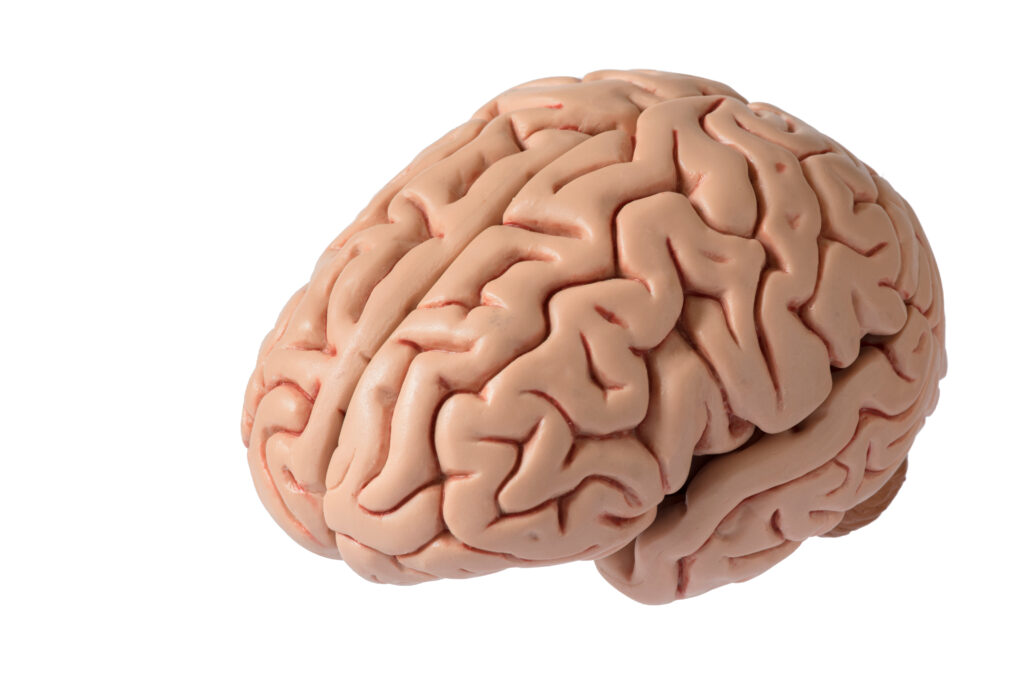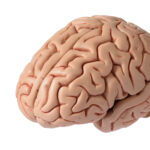### The Overlooked Link Between Breakfast Skipping and Midday Neural Fog
When you skip breakfast, you might think it’s just a minor oversight, but it can have a significant impact on your brain function and overall well-being. Let’s explore the connection between skipping breakfast and midday neural fog.
#### How Breakfast Affects Your Brain
Your brain relies on glucose, a type of sugar, for energy. When you eat breakfast, you provide your brain with the glucose it needs to function properly. Skipping breakfast means your brain doesn’t get this essential fuel, leading to a drop in energy levels and focus.
#### The Role of Glucose in Brain Function
Glucose is the primary fuel for your brain. It helps you stay alert, focused, and mentally sharp. When you skip meals, your blood sugar levels drop, causing a decrease in glucose available to your brain. This can result in midday neural fog, characterized by feelings of confusion, lack of focus, and decreased mental clarity.
#### Complex Carbohydrates: The Key to Sustained Energy
Eating complex carbohydrates like oatmeal, quinoa, and sweet potatoes provides a steady supply of glucose to your brain. These foods break down slowly, preventing the energy crashes associated with simple sugars. They also improve mental stamina and focus, making them ideal for long study sessions or busy workdays[1].
#### Meal Timing and Frequency
The timing and frequency of your meals can significantly influence your energy levels and focus. Eating smaller, balanced meals or snacks every 3-4 hours helps maintain stable blood sugar levels, which supports sustained focus and prevents energy crashes. For example, pairing fruit with nut butter or having Greek yogurt with berries provides a balanced snack that combines natural sugars for quick energy with healthy fats and protein to keep your blood sugar stable[1].
#### Avoiding Heavy Meals
Large, heavy meals, especially those high in refined carbs or unhealthy fats, can lead to sluggishness and make it harder to concentrate. To avoid this, aim for balanced portions and include a mix of protein, fiber, and healthy fats in your meals. This approach helps maintain steady energy levels and supports better cognitive performance[1].
#### Finding What Works for You
Everyone’s body responds differently to meal timing, so it’s essential to adapt strategies to fit your needs. If breakfast energizes you, stick with it. If you feel more focused fasting until midday, give intermittent fasting a try. The key is consistency—once you find a rhythm that works, sticking to it can improve both your energy and cognitive function[1].
### Conclusion
Skipping breakfast might seem like a minor habit, but it can have significant effects on your brain function and overall well-being. By understanding the importance of glucose and incorporating complex carbohydrates into your diet, you can maintain sustained energy levels and avoid midday neural fog. Experiment with different meal timing strategies to find what works best for you, and remember that consistency is key to improving your cognitive performance and staying focused throughout the day.


